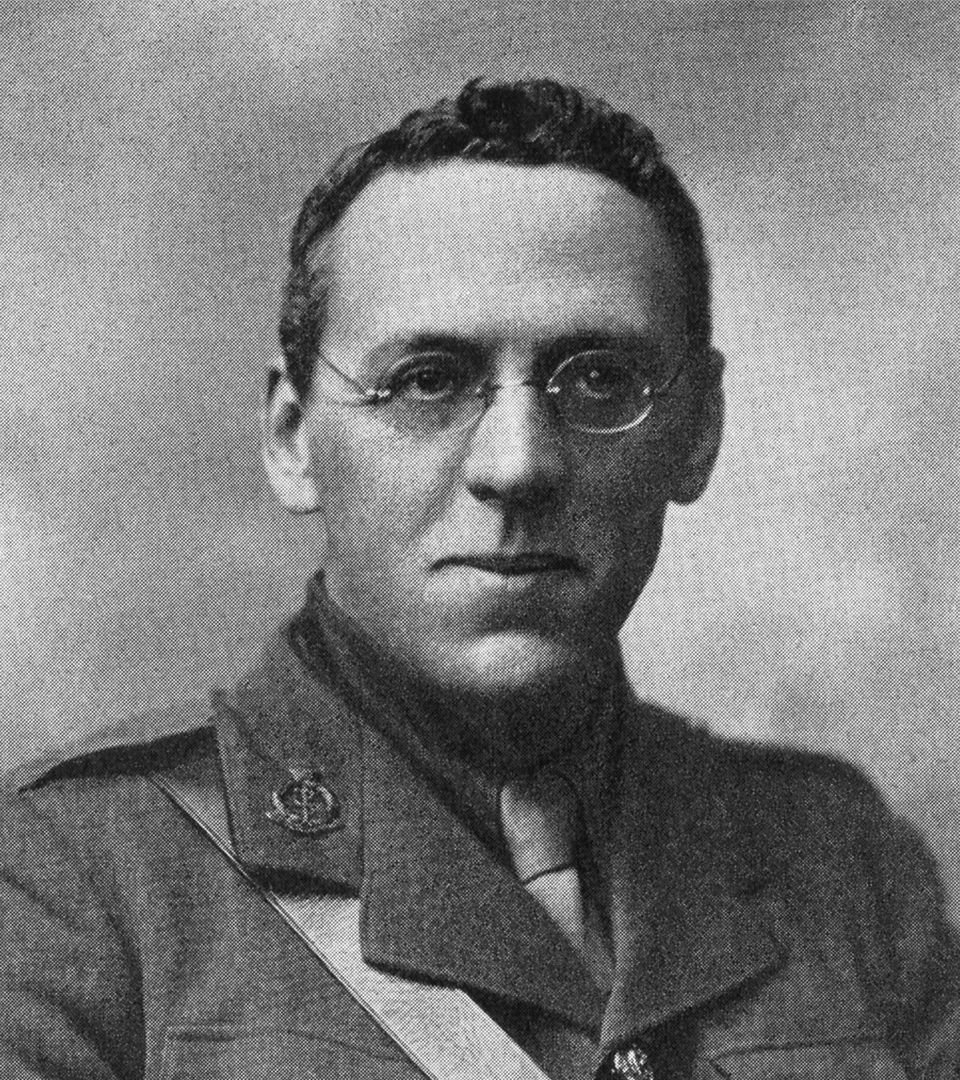Robert Broom


In 1912, the University of the Cape of Good Hope (later Unisa) awarded Broom the honorary degree of Doctor of Science.
Robert Broom is best known for his discoveries of hominid remains in the mid-1930s. These included “Mrs Ples” (Plesianthropus transvaalensis, later reclassified as Australopithecus africanus) and Paranthropus robustus. Paranthropus proved that humankind’s “evolutionary tree” was more complex than previously imagined. Although Broom received many academic honours, his relationship with academia was often uneasy. A Scottish-born medical doctor specialising in midwifery, Broom travelled the world to fulfil his fascination with the origin of mammals. He arrived in South Africa in 1897 and in 1903, became Professor of Zoology and Geology at Victoria College, Stellenbosch. The College had a conservative religious ethos, and in 1910, Broom was dismissed for his evolutionary views. Ironically, Broom believed in spiritual evolution, which sees animals and plants as too complex to have arisen by chance — an evolutionary outlook far more compatible with religion than Darwinian evolution.